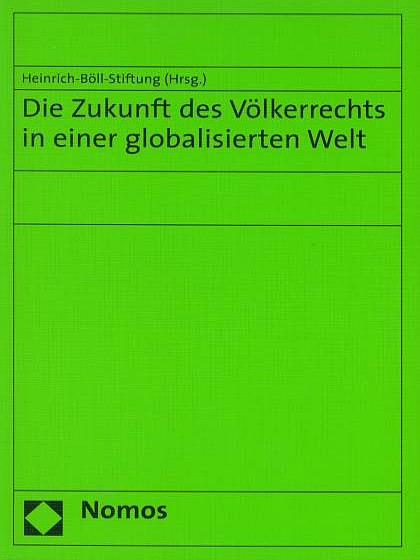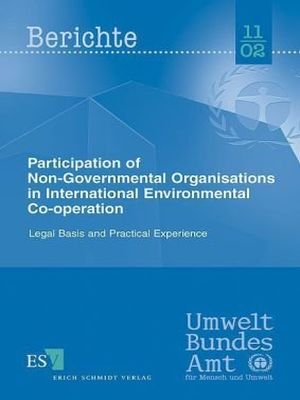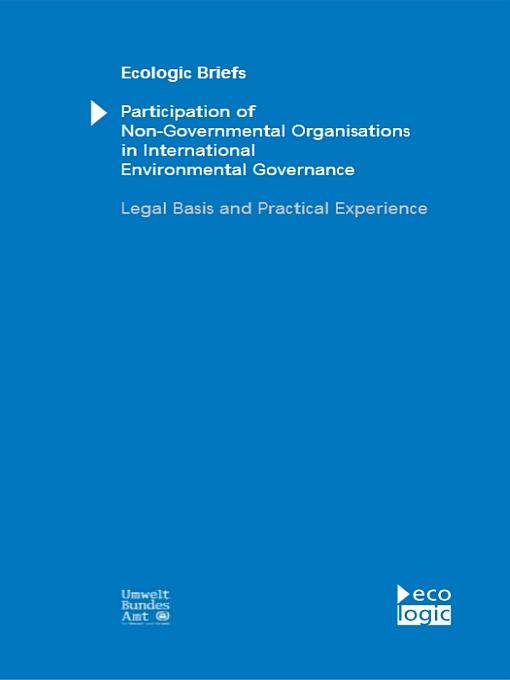This project analyses the importance of non-governmental organisations (NGOs) and the relationship between the legal basis and the practical influence of NGOs in different areas of international environmental governance.
The importance of non-governmental organisations (NGOs) in international environmental co-operation has increased tremendously over the last decades. Accordingly, the participation of non-governmental actors has become a prominent subject for research, resulting in a dynamically growing body of literature on the subject, especially in the legal and social sciences. However, only a limited effort has been made to systematically analyse the relationship between the legal basis and the practical influence of NGOs in different areas of international environmental co-operation.
With this context in mind, the study prepared in the course of this project first lays out a conceptual basis by reviewing existing definitions of NGOs, elaborating the functions NGOs perform in international environmental policymaking and examining various criteria that can serve to distinguish different types of NGOs. It then analyses in more detail the legal basis and the practice of NGO participation in Multilateral Environmental Agreements (MEAs), economic institutions, and other relevant international institutions. Constraints on the role of NGOs is also identified. On the basis of the state of development of related principles of international law, this analysis includes an assessment of the extent to which NGO participation in international institutions can be considered legitimate ground. Finally, the study identifies and discusses a number of options for enhancing the role of NGOs in international environmental governance. The full study also contains detailed case studies on the role of NGOs in two environmental treaty systems (climate change and trade in endangered species) and two economic institutions (International Organisation for Standardization, ISO; and the World Bank). A total of close to almost 40 representatives of governments and different NGO constituencies as well as secretariat staff were interviewed in undertaking these case studies.
The full study [pdf, 923 KB, English] as well as a summary [pdf, 52 KB, English] are available for download. The results of this project have also been published as a book and an Ecologic Brief.






